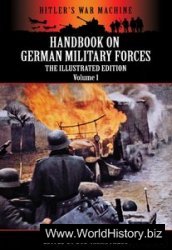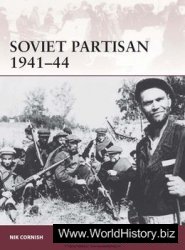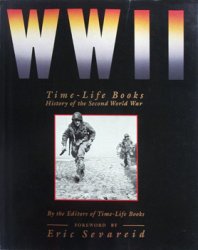N. PIERS LUDLOW
European integration and the Cold War were separate but intertwined. Chronologically, the two share the same formative decades - although the basic idea of uniting the separate states of Europe into a single political and economic entity long predates the East-West conflict. Both European unity and the course of the Cold War became, moreover, central preoccupations of Western leaders on both sides of the Atlantic throughout the 1947-89 period. Yet more often than not, European integration and the Cold War have been studied in near total isolation from one another, the subject of separate journals, academic conferences and books, and the primary interest of two distinct groups of specialist scholars who have rarely exchanged ideas. This chapter will hence begin with a brief explanation of why this separation has occurred, before going on to argue that the interaction between the evolution of the Cold War and the gradual development of today’s European Union (EU) was so intimate as to make it vital for historians to break down the barriers between the two fields.
One of the reasons why the two historiographies have diverged is that the most consistently successful forms ofEuropean integration have been primarily concerned with economic matters rather than military or political cooperation. Of the two economic and military plans launched within months of each other in 1950, the Schuman Plan - intended to pool the coal and steel industries of France, Germany, Italy, and the Benelux countries - succeeded in bringing the European Coal and Steel Community (ECSC) into being in 1952. The Pleven Plan, designed to create a European Defence Community (EDC), encountered far rougher waters, was fiercely criticised from the outset and, ultimately, voted down by the French parliament in August 1954. Furthermore, since 1958 the dominant manifestation of European integration has been the European Economic Community (EEC). And while it is true that the middle initial of the EEC gradually fell out of use, partly to indicate that the interests of the Community were not confined to economics, the economic co-operation
Among the member states of the EC/ EU remained much more extensive than either foreign-policy co-ordination or efforts to establish a joint European approach to security. There is thus a ring of plausibility in the claim advanced by one prominent historian of the integration process that: 'The true origins of the European Community are economic and social.’251
The divided historiography is also partly explained by the nature of the deliberations within the Community institutions, first in Luxembourg and then in Brussels. For the policy agenda of the early European institutions had remarkably little to do with the Cold War. The central concerns of the High Authority of the ECSC were naturally enough the state of Western Europe’s coal and steel industries. Those of the early EEC Commission focused on trade and tariffs, the establishment of a complex agricultural subsidy system, and the relations between the EEC and its West European neighbours. East-West relations and the struggle between the 'fTee world’ and its Communist rival were seldom mentioned directly. Those who worked in Community Brussels operated in ways that could seem almost hermetically sealed from the Cold War, despite sharing a city with the NATO headquarters fTom 1966 onwards. Even European foreign ministers attending meetings of the EEC Council of Ministers appeared inclined to ignore Cold War considerations in favour of an almost total concentration on the predominantly economic agenda of the early Community.
It would be misguided, however, to believe that this day-to-day separation extended to all aspects of the Cold War and European integration. For the two phenomena were in fact deeply entangled with one another in the late 1940s and early 1950s, and went on interacting, albeit less intensely, throughout the years from 1958 to 1990. Furthermore, as this chapter will show, the whole international system into which European integration was born was profoundly influenced by the overarching East-West conflict. It was therefore inevitable that the Cold War had a substantial effect on the ways in which the countries of Western Europe co-operated with one another. There is also evidence suggesting that Western Europe’s efforts to unite played a role in the evolution of the Cold War and especially in the way that the East-West struggle came to an end.




 World History
World History









